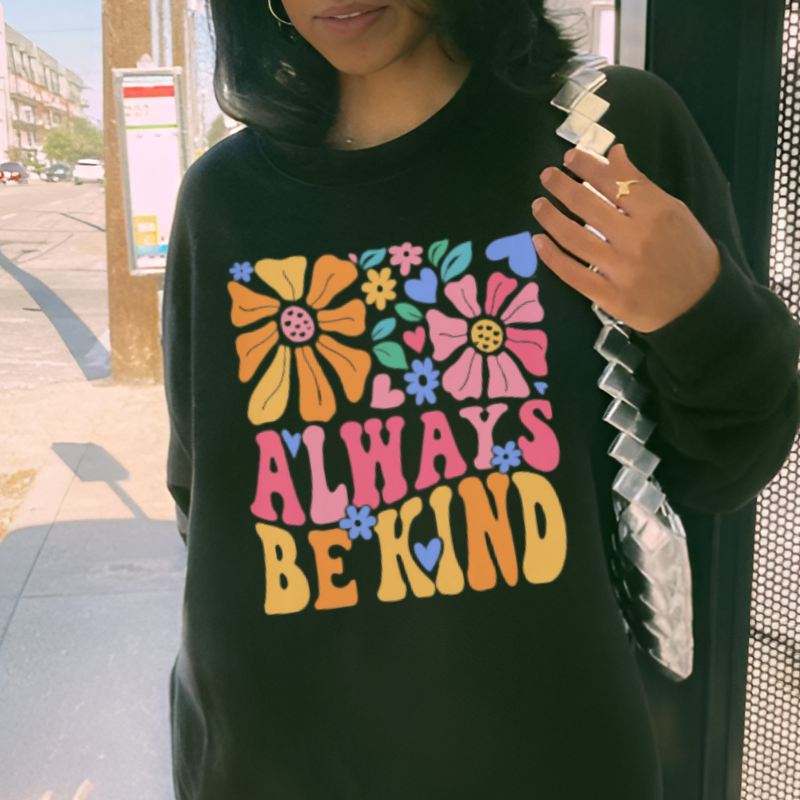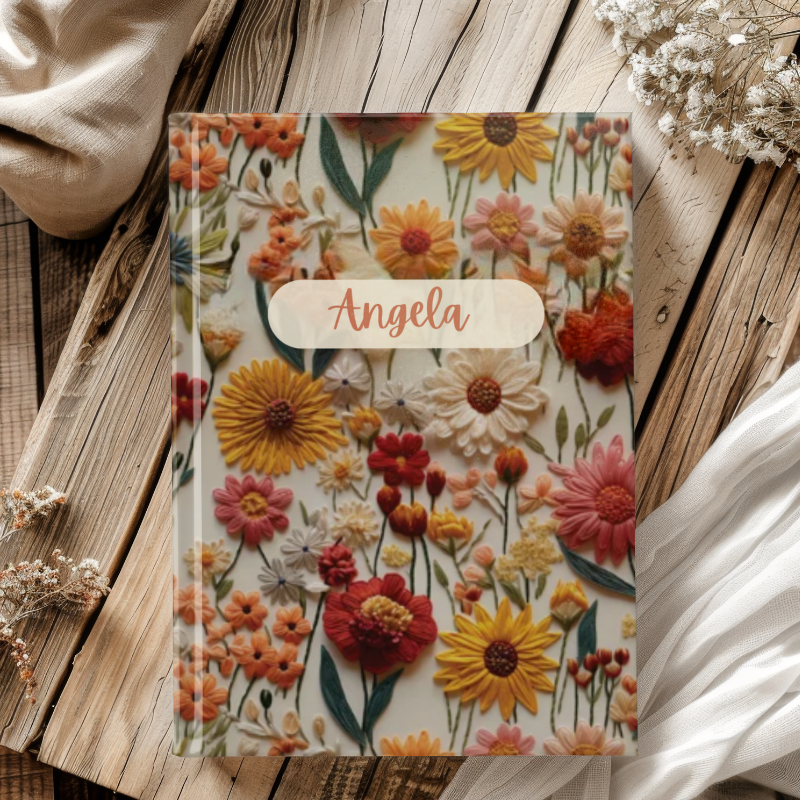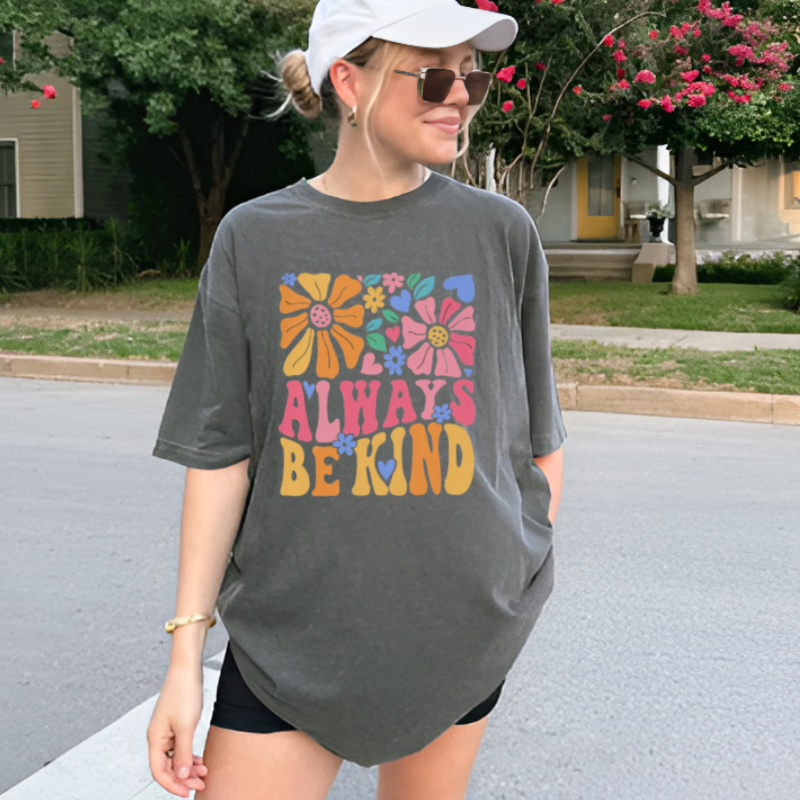Let’s be real—boundaries are tough. They’re like invisible fences around your emotional, physical, and mental space. But sometimes, those fences are so wobbly, they might as well be made out of string. Other times, they’re so rigid, they feel like a prison wall. Whether people realize it or not, unhealthy boundaries can affect everything—from friendships to marriage, and even how you show up at work. When your boundaries are unhealthy, so is your peace of mind. That nagging feeling of being overextended, sacrificing your time, and giving too much—it's a telltale sign. If any of this feels familiar, don’t worry. We’re about to break down how to set healthy, clear boundaries that will improve your life, not complicate it. Let’s start by understanding what unhealthy boundaries actually look like.
What Are Unhealthy Boundaries?
Unhealthy boundaries are like bad habits—they sneak in when you least expect it. Before you know it, people are taking advantage of your time, and you’re burning out. Think of it like giving someone your last piece of chocolate when you’ve been craving it all day—sure, it’s nice in the moment, but afterward, there’s regret and a bit of a sugar crash. Here are some classic signs of unhealthy boundaries:
- People-pleasing: Saying yes to everything just to avoid disappointing others.
- Boundary stepping: When others constantly cross a line, and you don’t know how to assert yourself.
- Rigid boundaries: Being so defensive that no one gets close—not even those who care about you.
-
Inability to say no: Agreeing to every request even when it's inconvenient.
Recognizing these signs is the first step toward reclaiming control over your life. Let’s break down some of these unhealthy patterns and look at how to shift them toward healthier boundaries.
Emotional Boundaries Examples
Emotional boundaries can often be the trickiest to navigate. If emotional boundaries are weak, it’s easy to absorb others’ moods, leaving you drained and mentally exhausted. Imagine a situation where a friend constantly calls, unloading all their problems on you. Over time, this can leave you emotionally drained. Emotional boundaries examples that help you reclaim mental peace include:
- Not tolerating emotional manipulation: If someone tries to guilt-trip you, it’s crucial to stand firm and not let their tactics affect your choices.
- Saying no to emotional dumping: Politely let others know when their emotional burden is more than you can handle.
-
Knowing your limits: Recognizing when you need to take a step back before burnout occurs.
For example, imagine someone constantly calls you to complain about their job. After several weeks, it becomes emotionally exhausting to listen to. A healthy emotional boundary would be politely saying, “I’m here for you, but I can’t keep focusing on the negativity. Let’s brainstorm solutions together.
"Healthy emotional boundaries are essential for maintaining your well-being and keeping your relationships balanced."
Need help putting emotional boundaries into action?
If setting boundaries feels overwhelming or you're unsure where to begin, the Boundaries Breakthrough Kit might be just what you need. With a workbook, affirmations, and real-life scripts, it’s designed to guide you step by step in setting and maintaining healthy boundaries—with confidence and no guilt. [See how the toolkit can help you here] or keep reading for more tips.
Healthy Boundaries in Marriage and Relationships: Respect, Love, and Understanding
Setting healthy boundaries in marriage and relationships can feel like a balancing act. On one hand, there’s the need to be close and share experiences, but on the other, you must maintain a sense of individuality. Healthy boundaries in a marriage allow each partner to feel loved and supported without losing themselves in the relationship. Here are a few ways to set healthy boundaries in marriage:
- Personal time: It’s important to take time for yourself, whether it’s enjoying a solo walk or reading a book without interruption. This ensures both partners stay mentally refreshed.
- Respecting emotional needs: When one partner needs space to process emotions, it’s crucial for both parties to respect that need.
-
Physical affection: Both partners should be comfortable with the level of physical touch, making sure to communicate needs respectfully.
For example, if one partner enjoys a quiet night in while the other prefers to socialize, a healthy boundary is acknowledging and respecting that need for space without guilt or resentment.
“Boundaries in marriage aren't about building walls; they're about creating space for each partner to grow individually while remaining close.”

Quotes About Boundaries: A Little Inspiration Goes a Long Way
Sometimes, reading quotes about boundaries can help shift our mindset and remind us of the importance of standing firm. Here are a few powerful ones to inspire you:
- "Boundaries are a part of self-care. They are healthy, normal, and necessary." – Dr. Allison B. Feinstein
- "You don't have to explain or justify your boundaries to anyone." – Anonymous
- "Setting boundaries is a sign of strength, not weakness." – Anonymous
- "The more boundaries you set, the more control you have over your life." – Anonymous
These quotes not only encourage healthy boundaries but also serve as reminders of how to live with intention, protect your energy, and prioritize your needs.
Boundary Statements: How to Communicate Your Limits Clearly
For many, asserting boundaries can be a challenge. The key to doing so confidently is boundary statements—clear, concise ways to communicate limits without feeling guilty. Think of these as traffic signs for your relationships, saying, "This is where I stop, and this is where you can move forward." Some useful boundary statements include:
- “I can’t take that on right now.”
- “I need some time to myself this evening.”
- “I’m not comfortable with that request, and I need you to respect my wishes.”
An example might be when a colleague repeatedly asks for last-minute favors. A clear boundary statement such as, “I’m unable to help today, but let’s find another time” helps establish limits without escalating the situation. Using boundary statements allows individuals to protect their time and energy, ensuring that their needs are respected while maintaining respectful relationships.
Is It OK to Set Boundaries with Your Friends?
A common misconception is that setting boundaries with friends might hurt the relationship. But the truth is, it is okay to set boundaries with your friends—in fact, it will improve the quality of the friendship. Healthy friendships are built on mutual respect, and boundaries play a significant role in maintaining that respect. Here’s how to set boundaries with friends:
- Be clear about your time: If you’re busy, let them know. A simple, “I can’t make it this weekend, but let’s plan for next time” keeps the relationship healthy and free of resentment.
- Respectful refusal: If a friend asks for a favor that isn’t possible, a polite, “I can’t help this time, but here’s someone who might” is a great way to assert your limits.
-
No to toxic behavior: If a friend engages in negative or critical behavior, it’s essential to let them know that it’s not acceptable.
"Healthy friendships thrive on mutual respect, and part of that respect involves acknowledging each other’s boundaries."
The Power of No: Why You Should Learn to Say It
Here’s the magical word that everyone should embrace: No.
It’s empowering, freeing, and perhaps the most important word you can use when it comes to setting healthy boundaries. Saying no isn’t selfish—it’s a way to prioritize your needs and protect your energy. Start with smaller situations. Perhaps someone asks for a favor you don’t have the time or energy for.
A simple, “I’m not able to do that right now” is all it takes to start asserting your boundaries. An example might be when someone invites you to an event you simply don’t have the energy for. Instead of going out of obligation, saying, “I’m going to pass this time” is a healthy boundary that keeps your well-being intact.
Tip: Saying no gives you the time and space to focus on what really matters, whether that’s personal time, work, or nurturing other important relationships. Saying no isn’t about being rude—it’s about protecting your energy and emotional health.
Physical Boundaries: How to Protect Your Body and Space
Finally, physical boundaries are about protecting your personal space and body. Whether someone invades your space without permission or a partner initiates physical touch when you're not comfortable, respecting these boundaries is essential. Here are some physical boundaries to consider:
- Personal space: It’s perfectly fine to step back when someone gets too close for comfort.
- Physical affection: If you’re not in the mood for a hug or kiss, it’s okay to communicate that clearly, without feeling guilty.
-
Consent: In all relationships, consent is key. Physical touch should always be mutual and comfortable for both parties.
"Respecting physical boundaries is about honoring your body and your right to feel comfortable in any space."
Take Control of Your Boundaries Today
Setting healthy boundaries isn’t just about saying “no.” It's about reclaiming your space, protecting your energy, and showing up as your best self in all areas of your life. Whether you’re struggling with boundary stepping at work, needing clearer boundary statements in your relationships, or trying to overcome rigid boundaries that limit your growth, our Boundaries Breakthrough Kit is here to help you transform your approach.
With the Boundaries Breakthrough Kit, you’ll have all the tools you need to start setting and maintaining healthy boundaries with confidence. This 3-in-1 kit includes everything you need to navigate boundaries in your relationships, work life, and beyond:
-
32 Page Boundaries Workbook:
Gain clarity on where you need boundaries and how to set them for different aspects of your life, whether it's at work, in your relationships, or within yourself. -
40 Affirmation Cards:
Rewire your mindset for healthier, more confident communication in all of your relationships. -
36 Scripts for Creating Boundaries:
Master the art of saying "no" with confidence and communicate assertively with scripts for different situations—whether it's setting boundaries with friends, family, or coworkers.
Ready to create the boundaries you deserve?
Don’t wait another day to take control of your time, energy, and well-being.
Originally $29.99 — Grab the Boundaries Breakthrough Kit Today for Just $17.99!
Includes a printable workbook, 40 affirmation cards, and
36 scripts - everything you need to create strong,
clear boundaries in every area of your life.



















